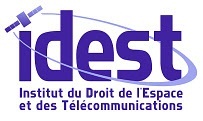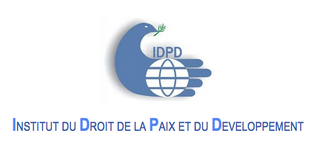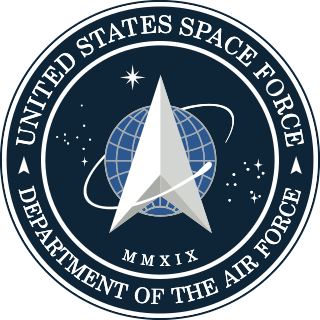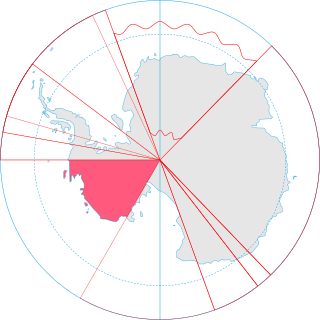 W
WSpace law is the body of law governing space-related activities, encompassing both international and domestic agreements, rules, and principles. Parameters of space law include space exploration, liability for damage, weapons use, rescue efforts, environmental preservation, information sharing, new technologies, and ethics. Other fields of law, such as administrative law, intellectual property law, arms control law, insurance law, environmental law, criminal law, and commercial law, are also integrated within space law.
 W
WCommon heritage of mankind is a principle of international law that holds that defined territorial areas and elements of humanity's common heritage should be held in trust for future generations and be protected from exploitation by individual nation states or corporations.
 W
WExtraterrestrial real estate refers to claims of land ownership on other planets, natural satellites, or parts of space by certain organizations or individuals. Previous claims are not recognized by any authority, and have no legal standing. Nevertheless, some private individuals and organizations have claimed ownership of celestial bodies, such as the Moon, and are actively involved in "selling" parts of them through certificates of ownership termed "Lunar deeds", "Martian deeds" or similar. While personal claims have little weight, whole countries could potentially lay claim to colonizing certain bodies. Extraterrestrial Real Estate not only deals with the legal standpoints of potential colonization, but how it could be feasible for long-term real estate. There are multiple factors to consider in using another planet for real estate including how to create a real estate market, transportation, planetary protection, astrobiology, sustainability, and the orbital real estate of the planet, as well.
 W
WThe Institute of Space and Telecommunications Law (IDEST) was founded in 2000 under the initiative of professionals in the space and telecommunication sectors. The institute is attached to the Interdiscliplinary College of Research at the University of Paris-Sud. IDEST is made up of a number of lecturers, professors, PhD students, and researchers under the control of a scientific counsel composed of renowned professors and key figures in the sectors involved.
 W
WThe Institute of the Right of Peace and Development is a French research institute in the field of international law located in Nice, France.
 W
WThe International Institute of Air and Space Law (IIASL) is a leading research and teaching institution. It specialises in legal and policy issues for aviation and space activities. It forms part of the Leiden Law School at Leiden University.
 W
WSpace law is the body of law governing space-related activities, encompassing both international and domestic agreements, rules, and principles. Parameters of space law include space exploration, liability for damage, weapons use, rescue efforts, environmental preservation, information sharing, new technologies, and ethics. Other fields of law, such as administrative law, intellectual property law, arms control law, insurance law, environmental law, criminal law, and commercial law, are also integrated within space law.
 W
WAsteroid mining is the exploitation of raw materials from asteroids and other minor planets, including near-Earth objects.
 W
WA space force is a military branch that conducts space warfare and space operations.
 W
WThe Convention on International Liability for Damage Caused by Space Objects, also known as the Space Liability Convention, is a treaty from 1972 that expands on the liability rules created in the Outer Space Treaty of 1967. In 1978, the crash of the nuclear-powered Soviet satellite Kosmos 954 in Canadian territory led to the only claim filed under the Convention.
 W
WTerra nullius is a Latin expression meaning "nobody's land". It was a principle sometimes used in international law to justify claims that territory may be acquired by a state's occupation of it.
 W
WThe United Nations Office for Outer Space Affairs (UNOOSA) is tasked with promoting the peaceful use and exploration of space through international cooperation. Part of the United Nations Secretariat, it works with any of the 193 UN Member States to establish or strengthen the legal and regulatory frameworks for space activities, and assists developing countries in using space science and technology for sustainable socioeconomic development.